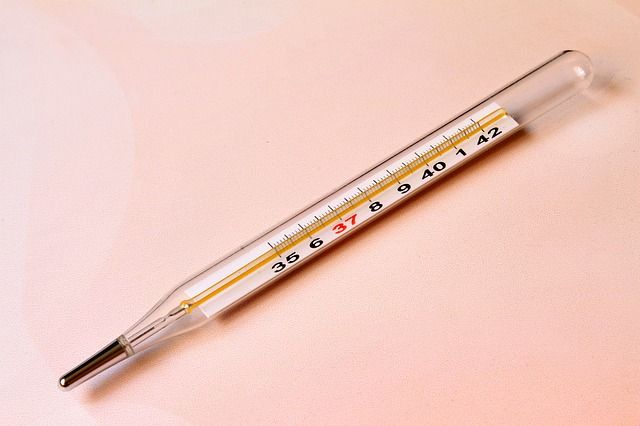
Wow, This is Just Awful...And a Good Example of What You're Dealing With
On April 30, 2008, Diane Bass refilled her children's prescription at Long's Drugs. Unbeknownst to anyone at the time, the pharmacist mixed the prescription at a concentration of over one thousand times the prescribed strength. When the Basses administered the medication to their children on May 15, 2008, two children became sick, resulting in their hospitalization.
DSS responded to the hospital after receiving a report of a potential parental poisoning. Within twenty-four hours, the Basses signed a document entitled "Safety Plan," in which the Basses agreed their children would reside with a relative, Linda Sims. On June 17, 2008, an insurance representative contacted DSS and indicated the children's prescription may have been filled at too strong a dose. As a result, DSS returned the children to the Basses on June 25, 2008.
Needless to say, the Basses sued DSS for negligence and other causes of action. The Basses won at trial. DSS appealed. On appeal, the entire verdict in the Basses' favor was reversed.
Why? Because the appellate court placed a lot of weight on the fact that this type of investigation (when the children are classified by DSS as a "medium danger rating") calls for a 24-hour investigation. And therefore the investigator has a very small amount of time to complete her investigation and make a determination - and many times she will need to make a call on the side of caution in order to protect children.
This particular investigator arrived at the hospital only 45-minutes after receiving the call about a possible poisoning. Kudos to her. However, over the next 23 hours and 15 minutes she never once spoke with the doctor to see what might have caused the poisoning. Had she done that, maybe, just maybe, the Basses wouldn't have had their children removed from their care.
Here's a link to the decision...Bass, et. al. v. South Carolina DSS.
